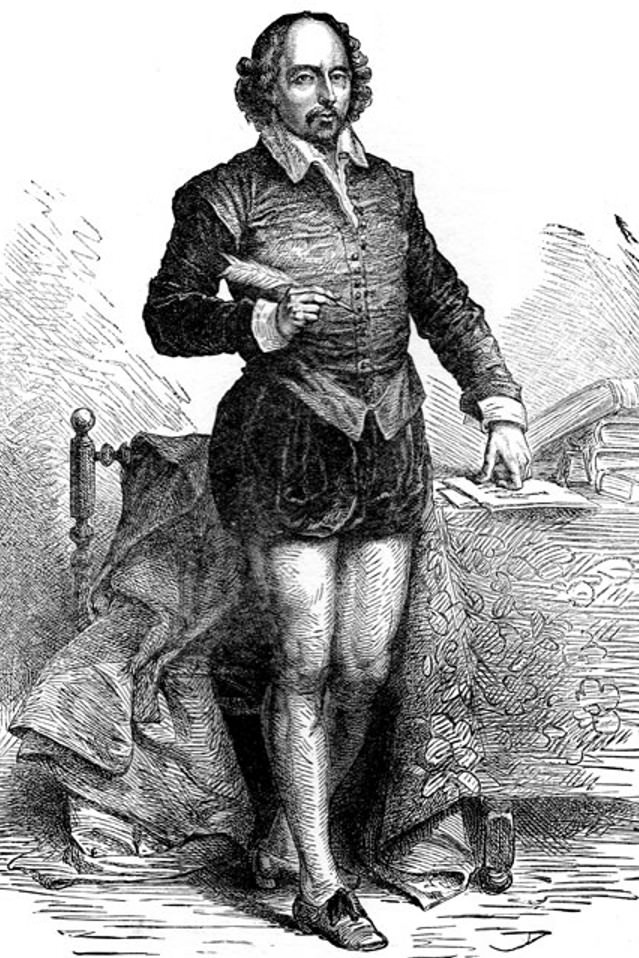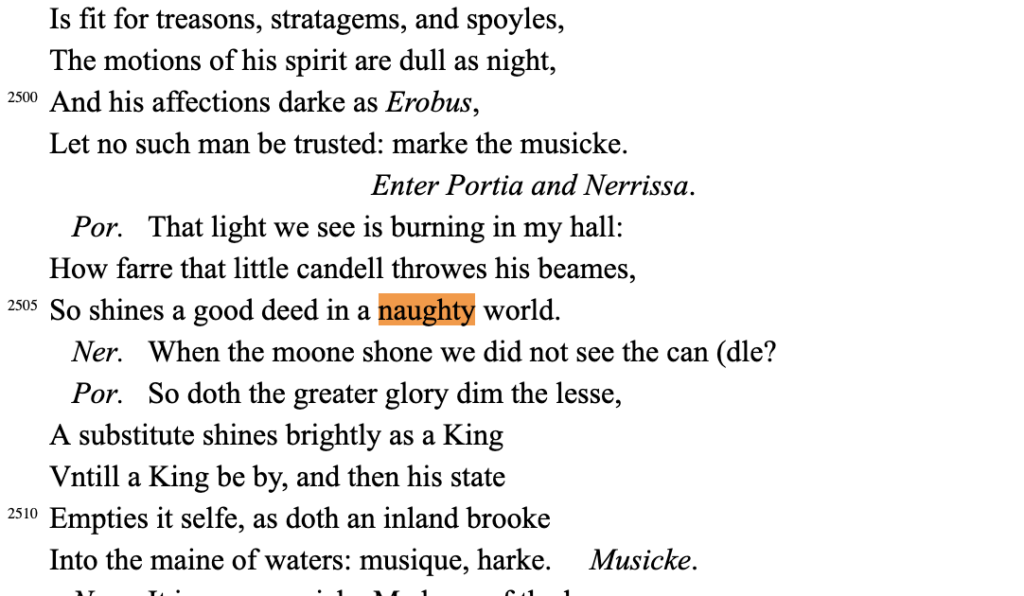
A significant portion of my traffic – I’m talking strong double digits here – is related to my collection of Not By Shakespeare posts. Once upon a time, I started collecting those social media posts that you see all the time with quotes like “When I saw you, I fell in love, and you smiled because you knew.” And they’re attributed to Shakespeare, and you know perfectly well Shakespeare is not the author. You can never find a reference to what play (or sonnet or poem) the original came from because there isn’t one.
Then again, traffic’s traffic, so I might as well lean into it!
Top Ten Not By Shakespeare Posts
- I love thee, I love but thee With a love that shall not die Till the sun grows cold And the stars grow old. I personally love this quote and have used it on occasion. Just because it’s not by Shakespeare doesn’t mean it’s not a nice sentiment. I’m surprised to see it so low.
- When a father gives to his son, both laugh; when a son gives to his father, both cry. I honestly don’t even understand this one.
- If you love and get hurt, love more. If you love more and hurt more, love even more. This is what we in the computer programming business call an infinite loop.
- Everyone I meet is in some way my superior. In that I learn from him. This one’s got some actual credentials – it’s from Ralph Waldo Emerson.
- New friends may be poems, but old friends are alphabets. Do not forget alphabets, because you will need them to read the poems. What does this even mean?
- Expectation Is The Root Of All Heartache I would have thought this to be the most popular since it’s the simplest to search for. But I suppose it comes in too many generic variations for them all to find their way here.
- Love me or hate me, both are in my favor … This one brings serious “If you can’t handle me at my worst, you don’t deserve me at my best” vibes.
- Do not go gentle into that good night. I feel like this could have worked its way into Shakespeare’s work at some point. But Dylan Thomas gets credit for this one.
- I Would Challenge You To A Battle Of Wits, But I See You Are Unarmed This is a stubborn one. It pops up everywhere. I’m doing a project right now where I asked ChatGPT to generate a database of Shakespeare quotes for me, and sure enough, I had to pluck this one out — five times. It may remind you of Beatrice and Benedick, but she had something different to say about Benedick’s lack of wit.
- You say that you love rain, but you open your umbrella when it rains. Far and away the winner, there are weeks where my entire first page of search results is just variations of this quote. I’m happy that years after first posting it, we finally tracked down the original author. That probably helps!
I’ve got about thirty posts in the Not By Shakespeare category, but ninety percent of the traffic lands on one of the above. By listing them here, I hope that this page will get some traffic of its own. People can bookmark it for future queries.






